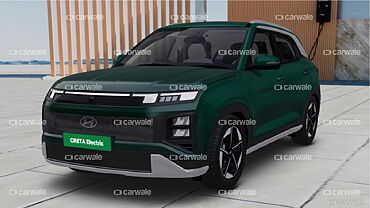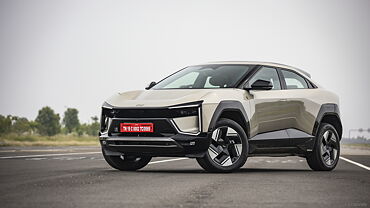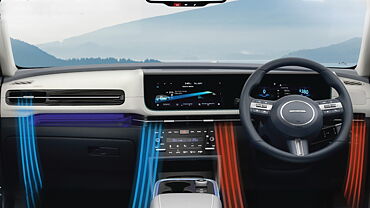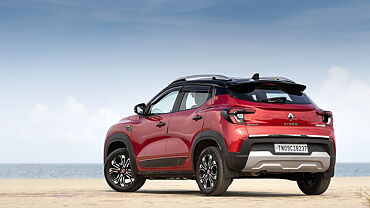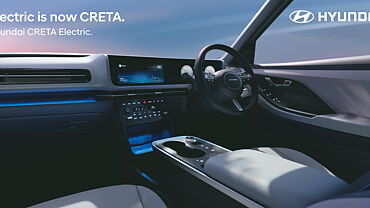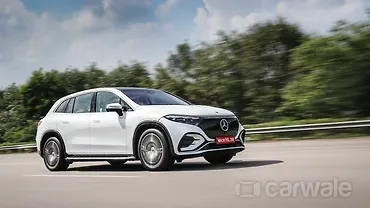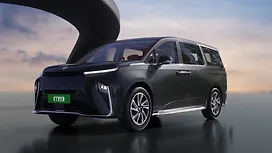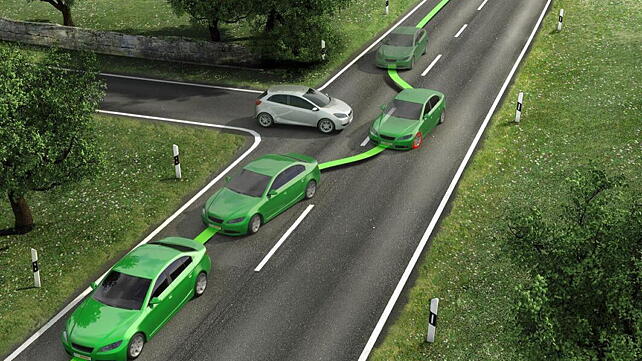
After the seat belt, ESP (Electronic Stability Program) is the most important safety technology in vehicles. It might even be considered more important than the airbag. According to independent studies, up to 80 per cent of skidding accidents on the road could be prevented if all vehicles are to be equipped with the anti-skid system. ESP, then, is a must-have safety feature especially considering that the number of cars on the road is rising by the day and it’s something that will inevitably lead to more skidding incidents.
It’s a noble initiative, then, by the European Union which involves ESP as a universal standard. From November 1, all newly registered passenger cars and light commercial vehicles with a gross vehicle weight of up to 3.5 tonnes will be equipped with ESP safety system. The regulation will take effect for all other vehicles one year later.
“ESP saves lives,” says Gerhard Steiger, president of the Bosch Chassis Systems Control division. In 2011 alone, ESP fended off more than 33,000 accidents involving injury and saved more than 1,000 lives in the European Union member states (of which there were 25 at the time), even though ESP was only fitted in about 40 per cent of vehicles. Since its introduction in 1995, ESP has prevented 190,000 accidents and saved more than 6,000 lives across Europe.
While 84 per cent of all new vehicles in Europe were equipped with the anti-skid system in 2014, the figure for all new vehicles worldwide was only 59 per cent. It’s a known fact that India is among the least favourable countries to drive in. The appalling accident rates and uncivilised road behaviour among majority of motorists should constrain the Indian government to mandate more such safety systems on all new passenger vehicles sold nationwide.

